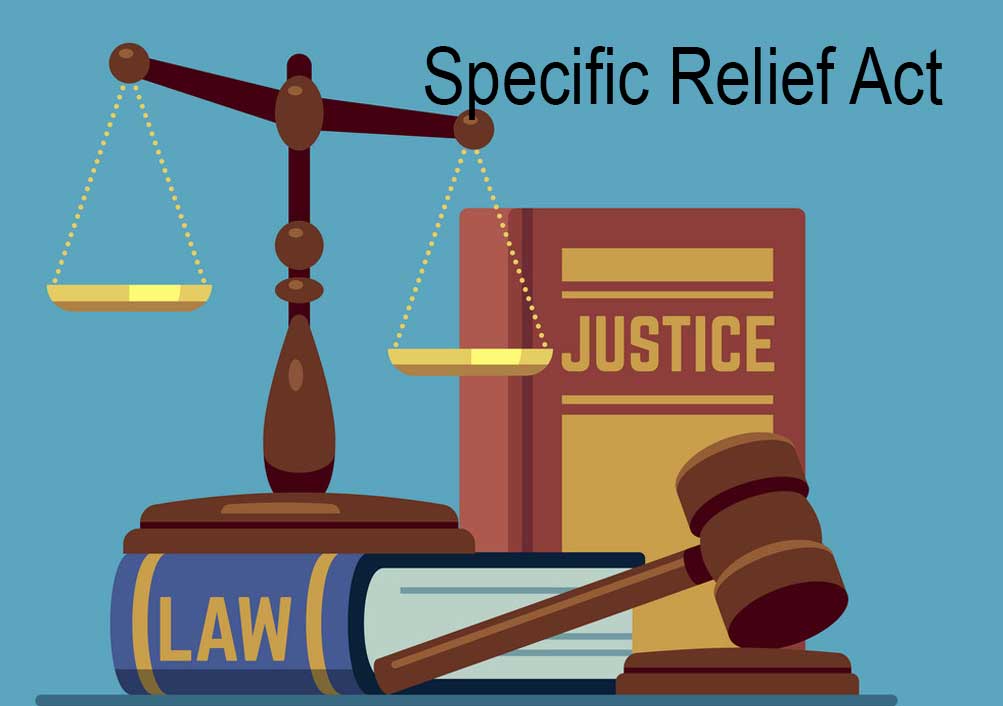In CIVIL APPEAL NO. 6554 OF 2022-SC- Limitation for filing suit for specific performance is 3 yrs from date fixed for performance or when plaintiff notices that performance is refused in case no such date is fixed: SC Justices V. Ramasubramanian & Indira Banerjee [13-09-2022]

Read Judgment: RAMAN (DEAD) BY LRS v. R. NATARAJAN
Mansimran Kaur
New Delhi, September 14, 2022: A Court cannot grant the relief of specific performance against a person compelling someone to enter into an agreement with a third party and seek specific relief against such a third party, the Supreme Court has observed.
The Division Bench of Justice V. Ramasubramanian and Justice Indira Banerjee dismissed the instant appeal by observing that the High Court committed a grave error in law in granting a decree for specific performance.
The suit for specific performance of an Agreement of Sale of an immovable property, filed by the respondent herein, was decreed by the Trial Court but the said decree was reversed by the First Appellate Court. However, the High Court reversed the Judgment and decree of the First Appellate Court and restored the decree for specific performance granted by the Trial Court. Aggrieved by the same, the legal representatives of the original defendant were on appeal.
After trial, the Trial Court passed a Judgment and decree dated February 14, 2012 holding that the Agreement dated June 19, 1993 was true and valid; that the suit was not barred by limitation; and that the plaintiff was entitled to the relief of specific performance. The First Appellate Court came to the conclusion that the endorsements made in the Agreement of sale were not proved, the plaintiff could not prove that he was ready and willing to perform his part of the obligations, the suit was barred by limitation and therefore, the plaintiff was not entitled to specific performance.
The High Court reversed the finding of the First Appellate Court on the question of limitation, without framing a substantial question of law and without even referring to the statutory provisions. It was this impugned order that was assailed by way of present appeal.
After considering the submissions of the parties, the Court noted that the defendant raised the question of limitation, on the basis of the fact that the fourth endorsement was made beyond a period of three years from the date of the third endorsement. Such a defence was based upon Section 18(1) of the Limitation Act, 1963.
However, as a matter of fact, the limitation for filing a suit for specific performance, in terms of Article 54 of The Schedule to the Limitation Act, 1963 is three years, from the date fixed for the performance or if no such date is fixed, when the plaintiff notices that the performance was refused, the Court noted.
In view of the same, the Court noted that in the entire memorandum of grounds of second appeal filed by the respondent-herein before the High Court, there was no whisper or reference to Article 54 of the Schedule to the Limitation Act, 1963.
The only substantial question of law framed by the High Court at the time of entertaining the second appeal was not about limitation revolving around Article 54 of the Schedule to the Limitation Act. Therefore, the High Court could not have answered the question of limitation in favour of the respondent herein, (i) without framing any substantial question of law; and (ii) without even a reference to Article 54, the Court stated.
In furtherance of the same, the Court noted that in any case, the High Court ought to have seen that a Court cannot grant the relief of specific performance against a person compelling someone to enter into an agreement with a third party and seek specific relief against such a third party. In other words, the specific performance of the agreement by the appellants herein, depended upon (i) the appellants entering into an agreement with a third party; and (ii) appellants being in a position to compel such third party to perform her obligations under such agreement.
The High Court ought to have seen that the specific performance of the Agreement in question comprised of two parts namely, (i) the defendant entering into an agreement with his brothers wife for the purchase of a land for providing access to the land agreed to be sold under the suit Agreement of Sale; and (ii) the defendant thereafter executing a sale deed conveying the property covered by the suit Agreement of Sale, the Court further noted.
In addition to the above state observations, the Court also noted that the case on hand will not even be covered by sub-sections (2), (3) & (4) of Section 12 of the Specific Relief Act, since it was stated vividly in the suit Agreement of Sale that the land covered by the Agreement will not have any access, unless the defendant entered into an agreement with his brother’s wife, it is clear that none of the exceptions contained in sub-sections (2), (3) and (4) of Section 12 will apply, the Court observed.
Even the limited rights conferred by Section 13(1) (b) of the Specific Relief Act were not available to the respondent, as there was no legal right in the defendant to compel third parties to convey their land to him for the purpose of providing a pathway to the land agreed to be sold to the respondent herein, the Court further noted.
In light of the observations stated above, the Court observed that the High Court committed a grave error in law in granting a decree for specific performance. Hence the appeal was accordingly allowed, the impugned judgment of the High Court was set aside and the relief of specific performance claimed by the respondent was rejected.
Sign up for our weekly newsletter to stay up to date on our product, events featured blog, special offer and all of the exciting things that take place here at Legitquest.




Add a Comment